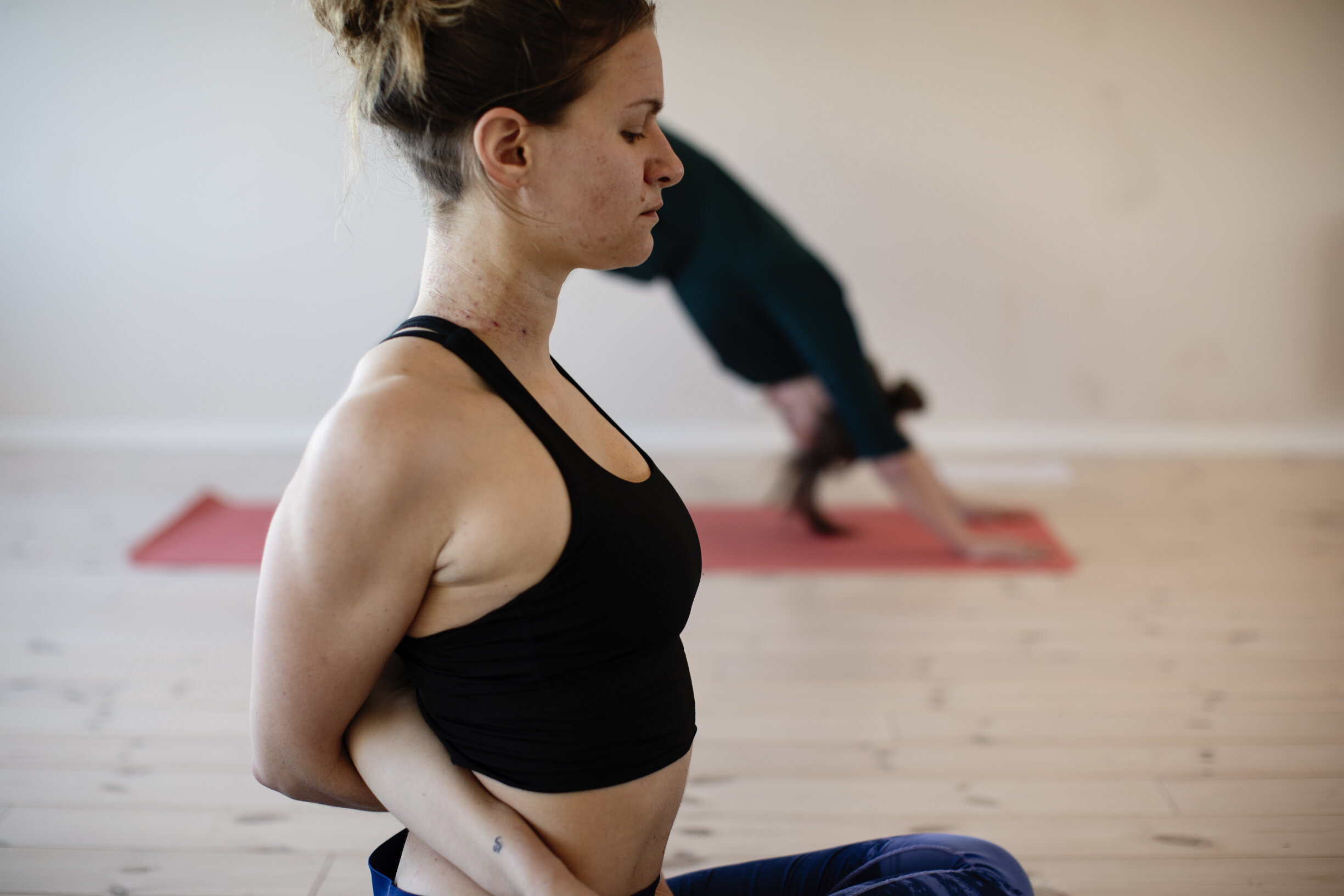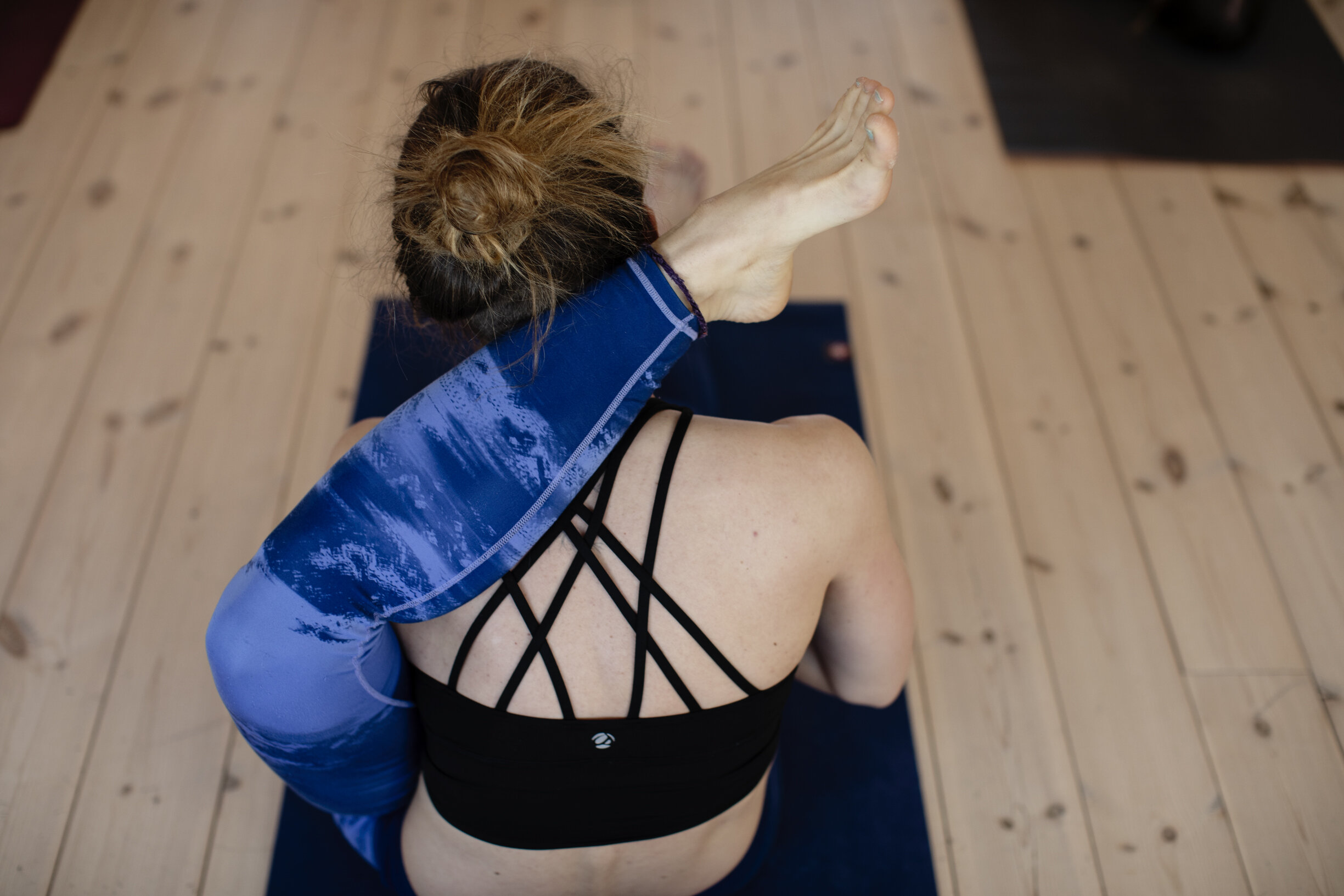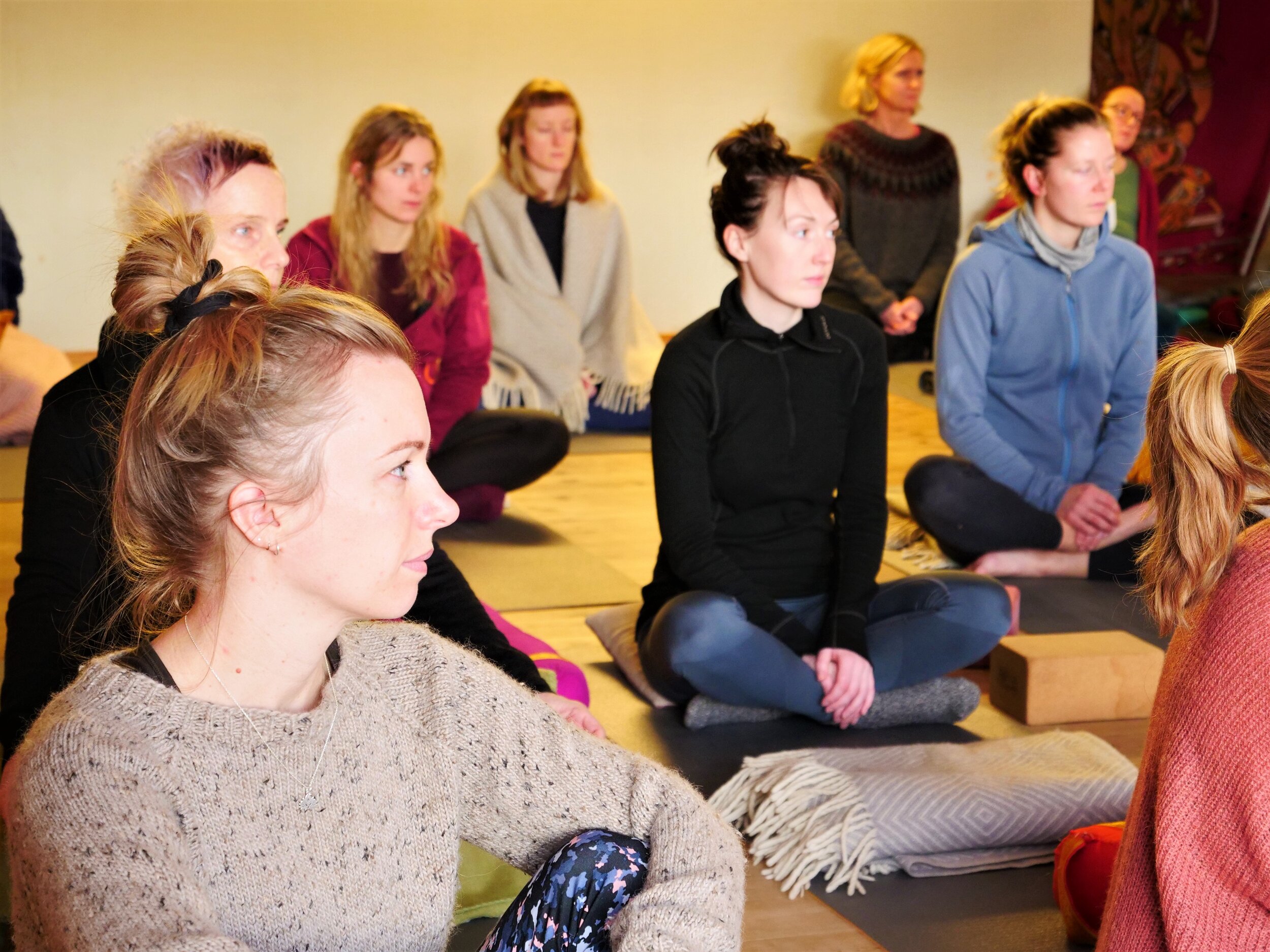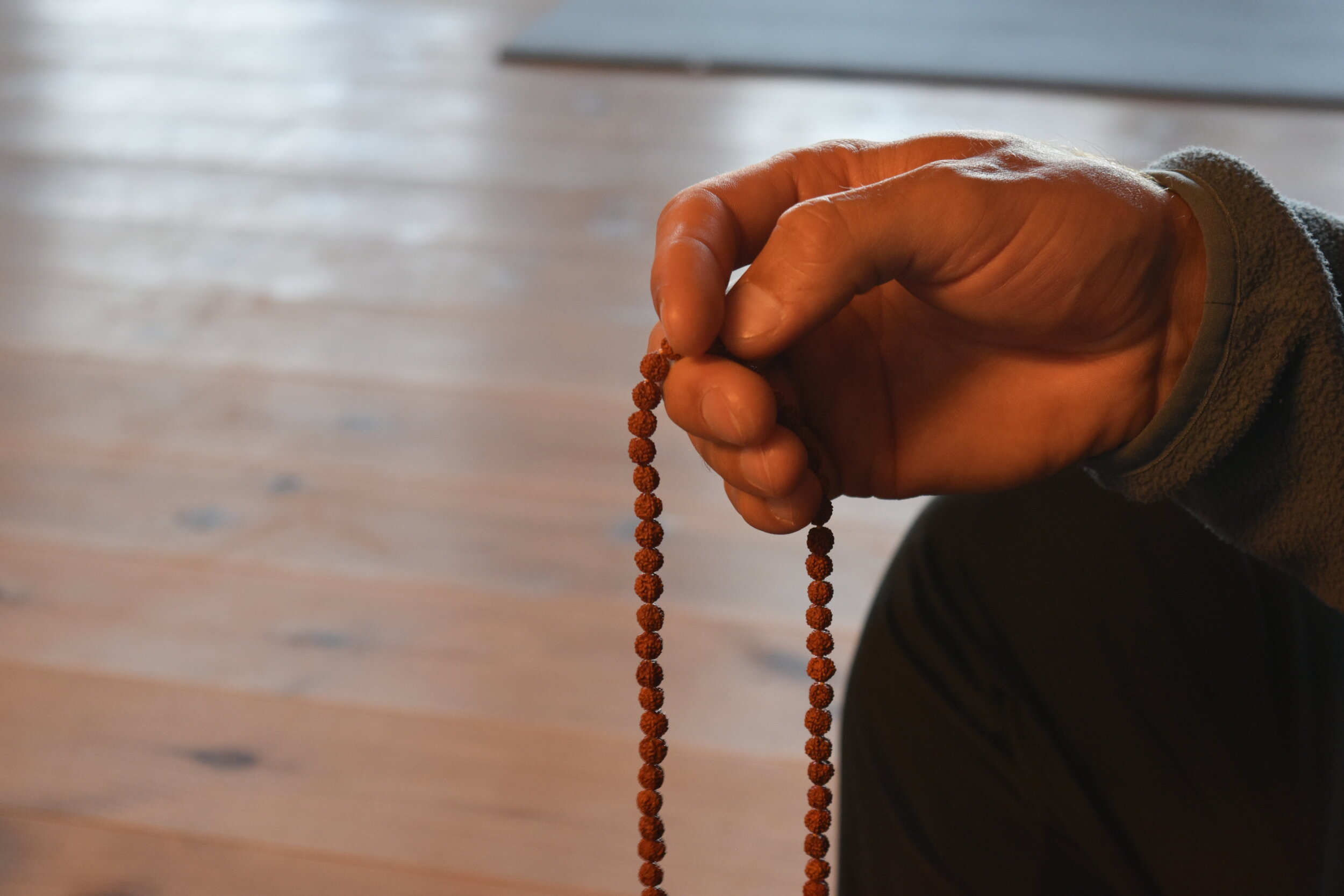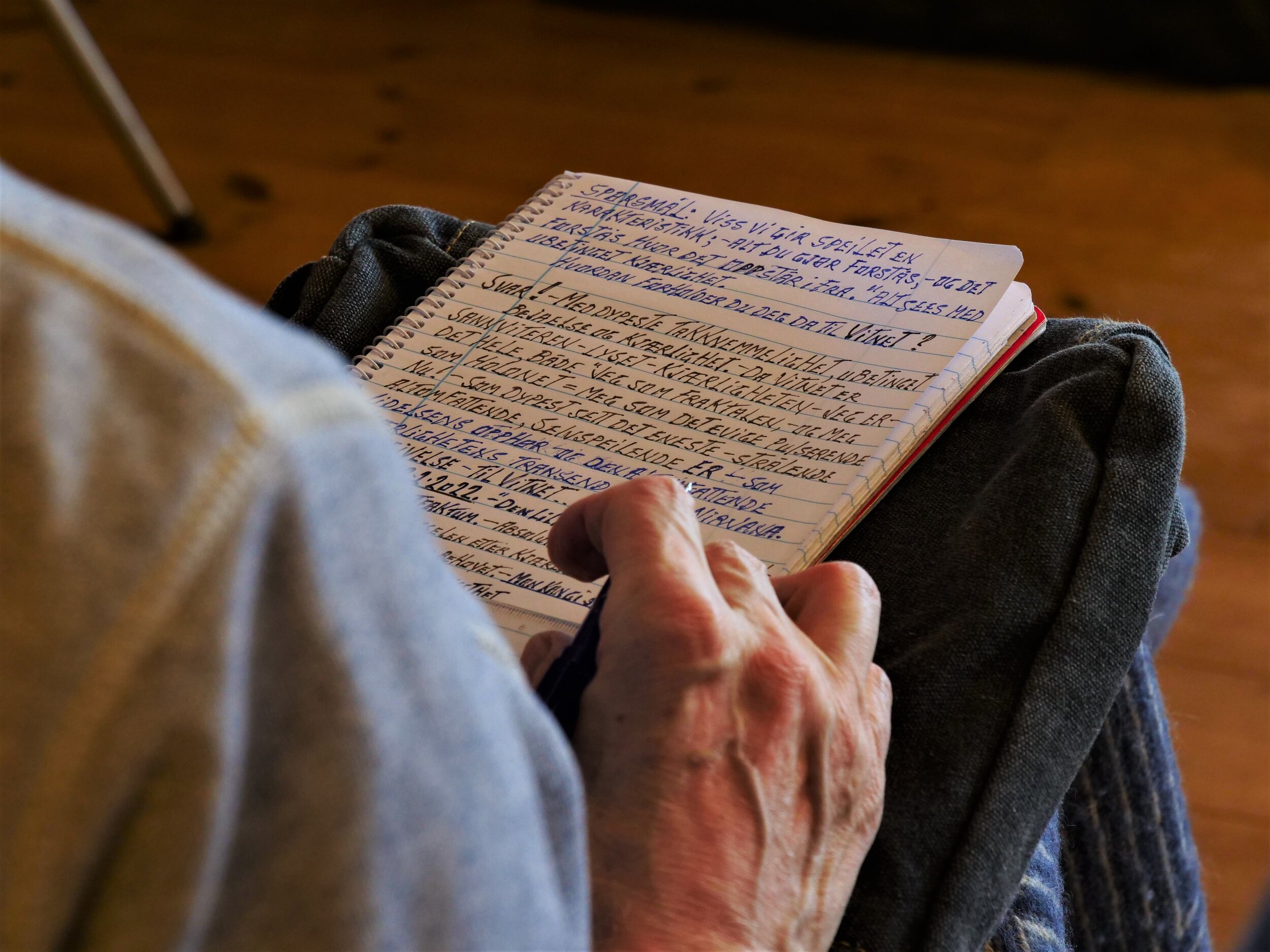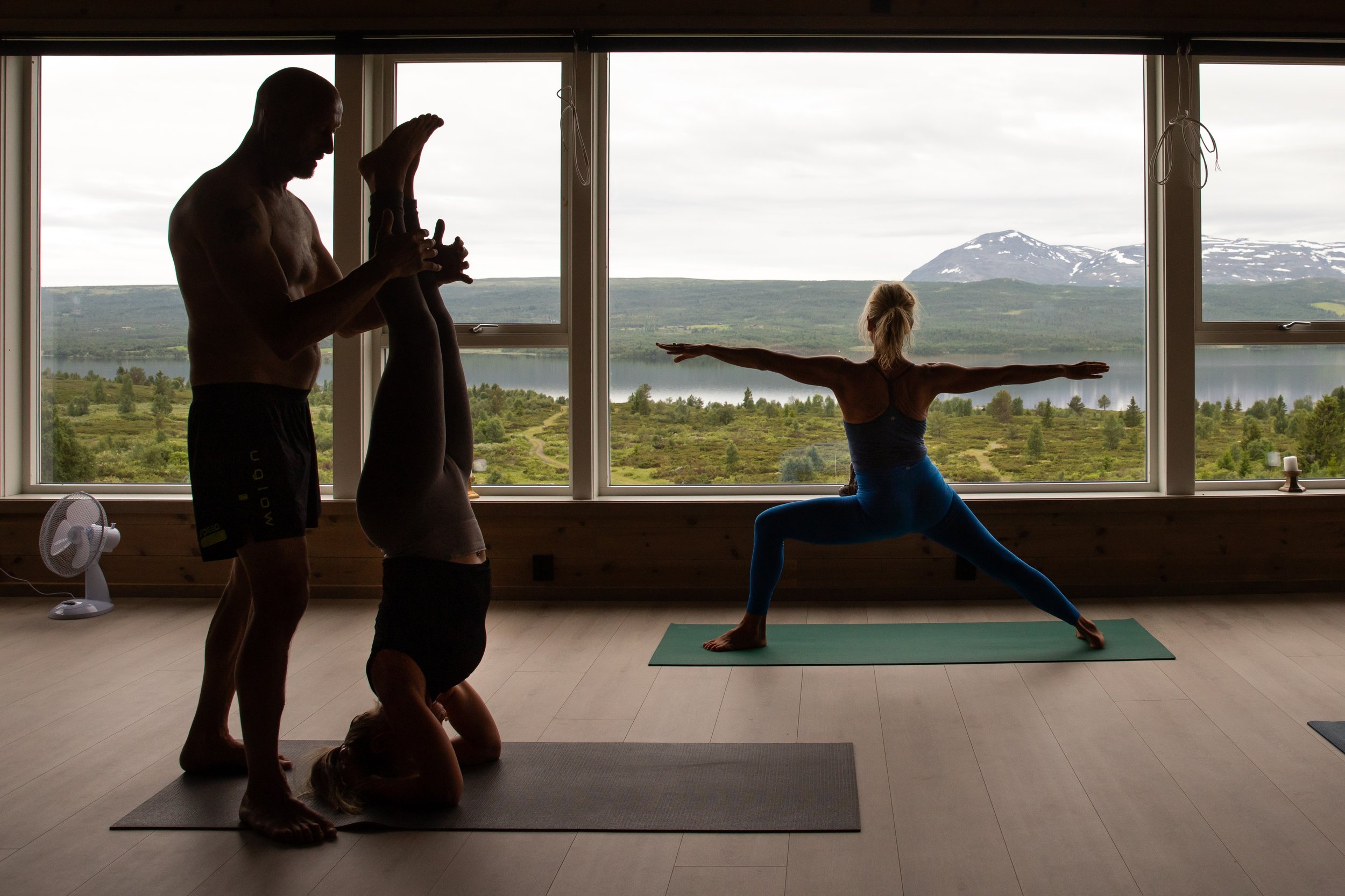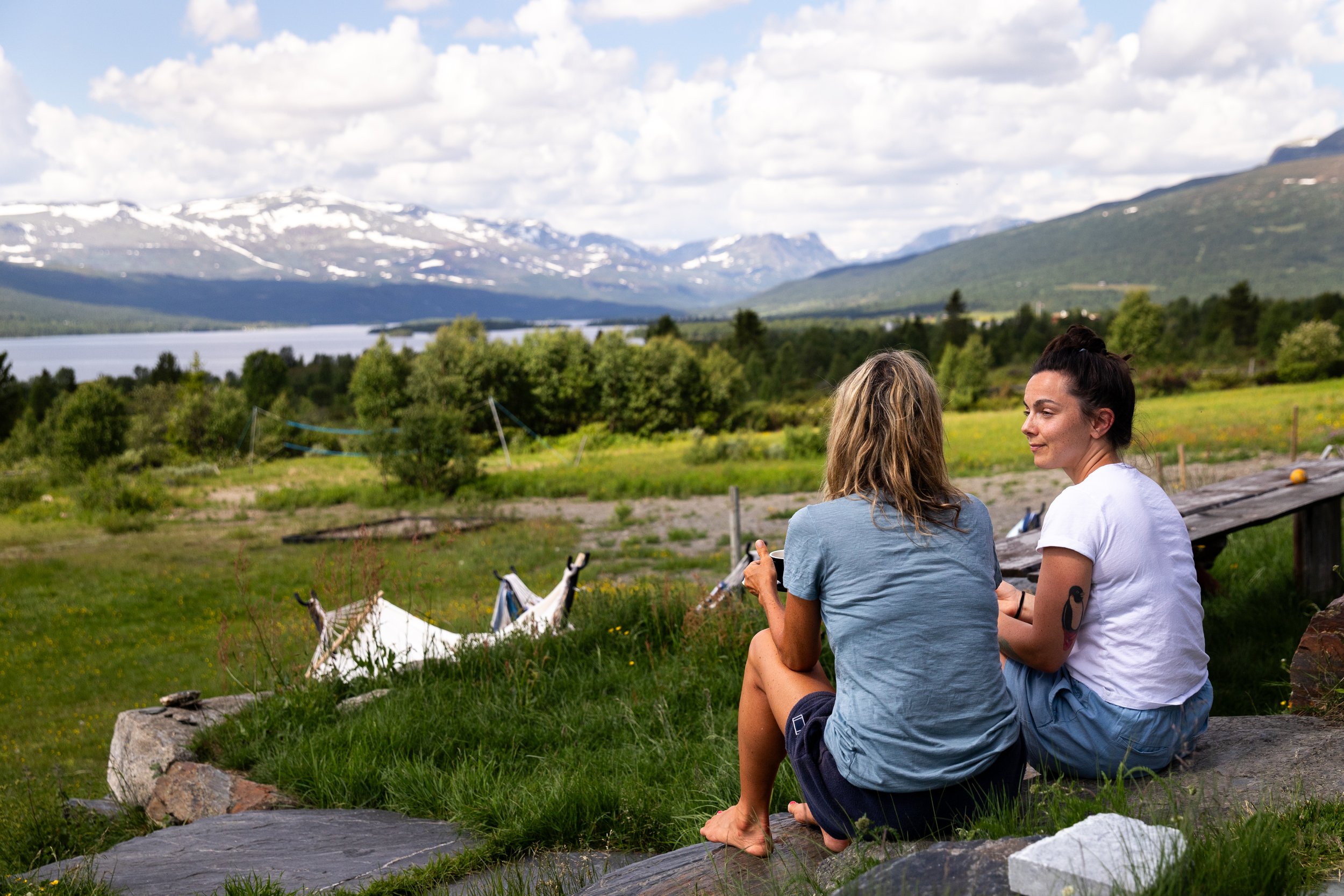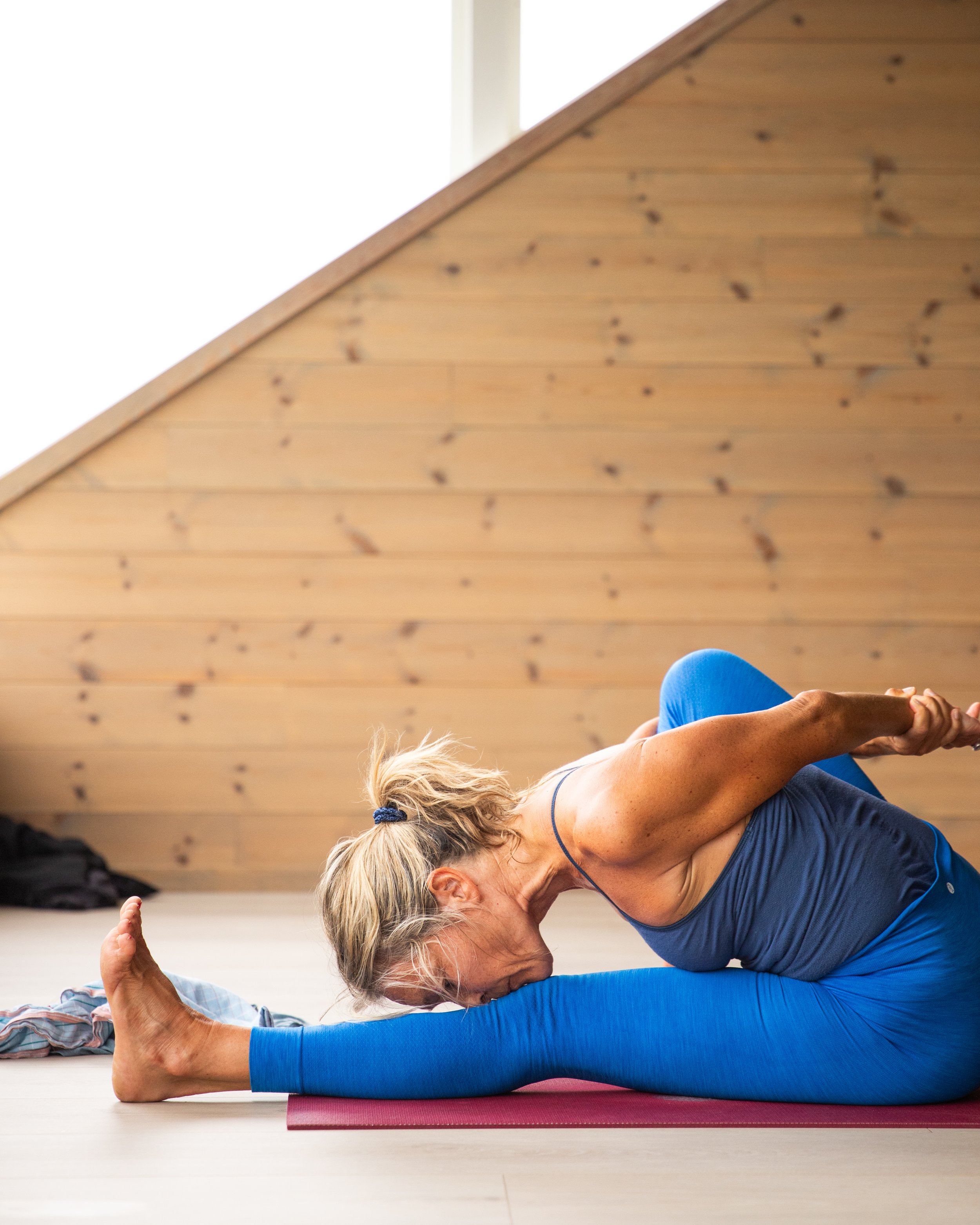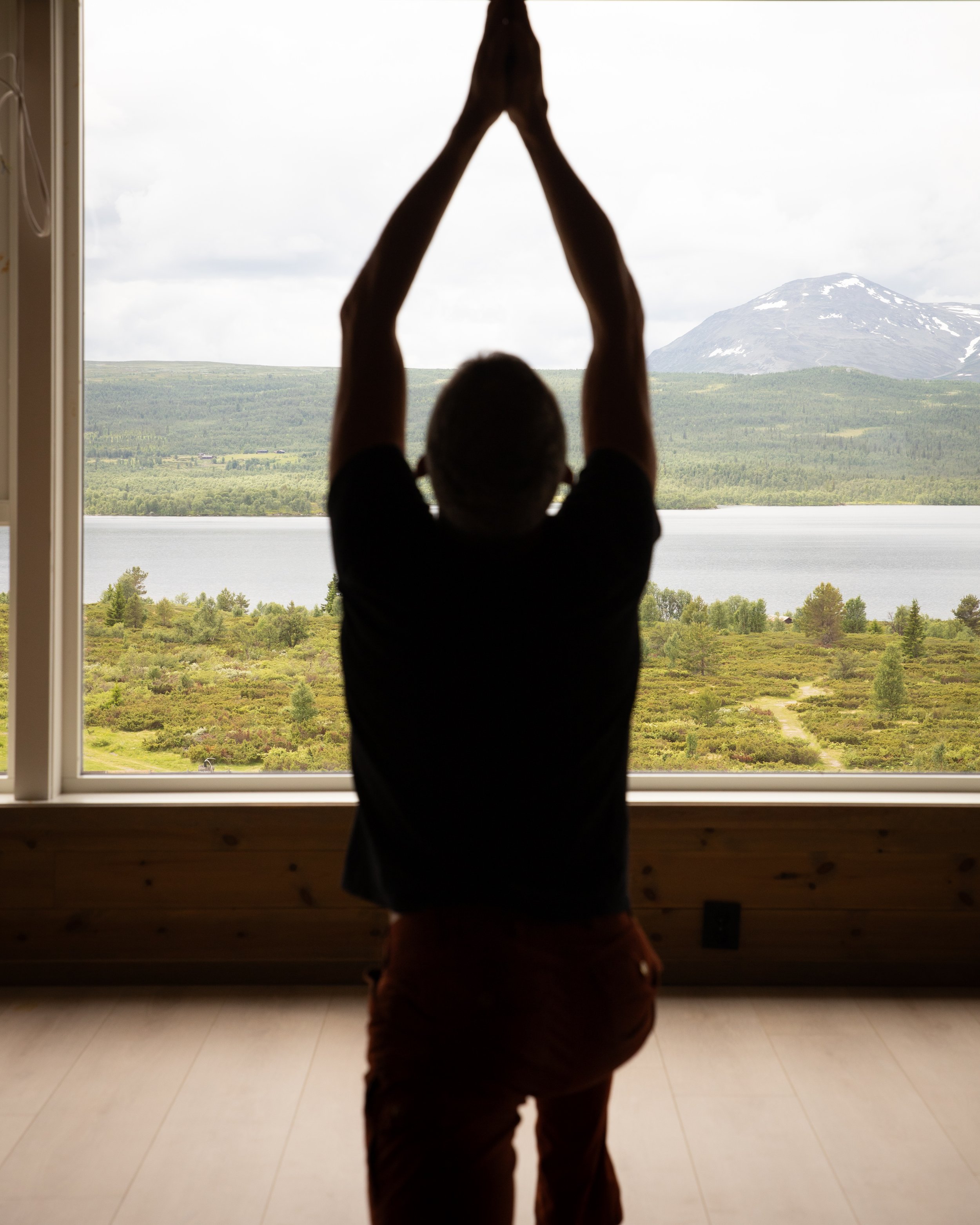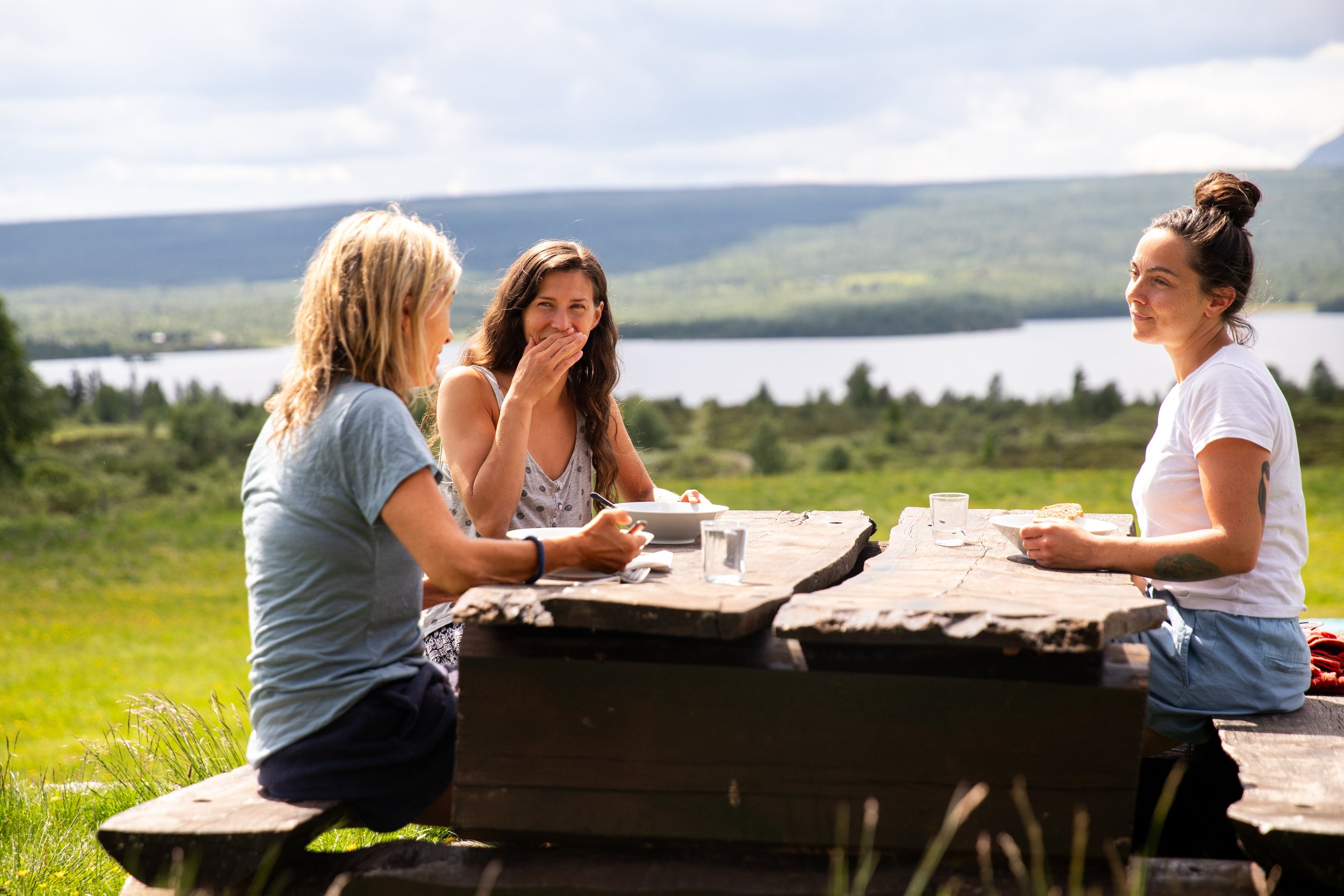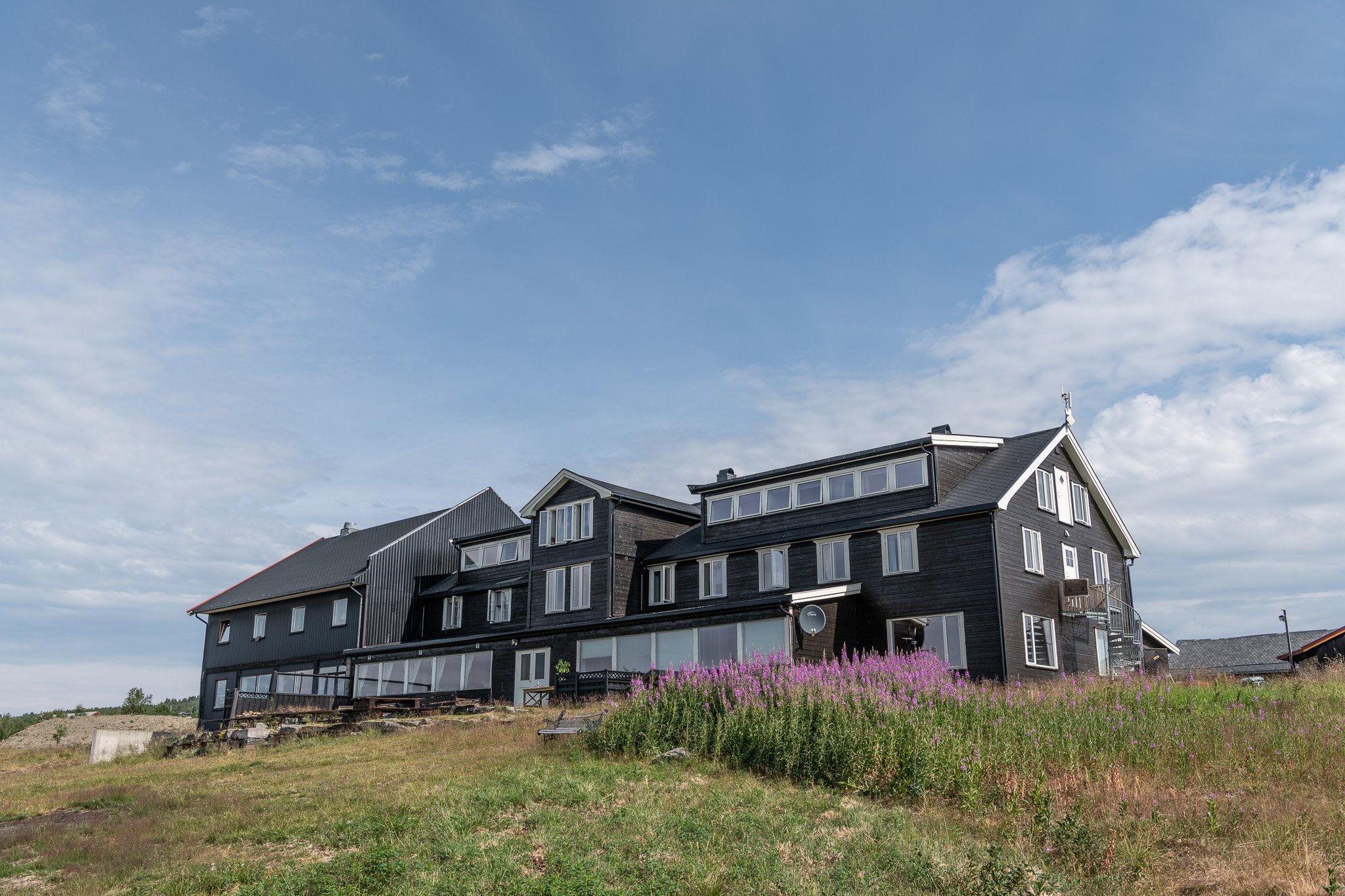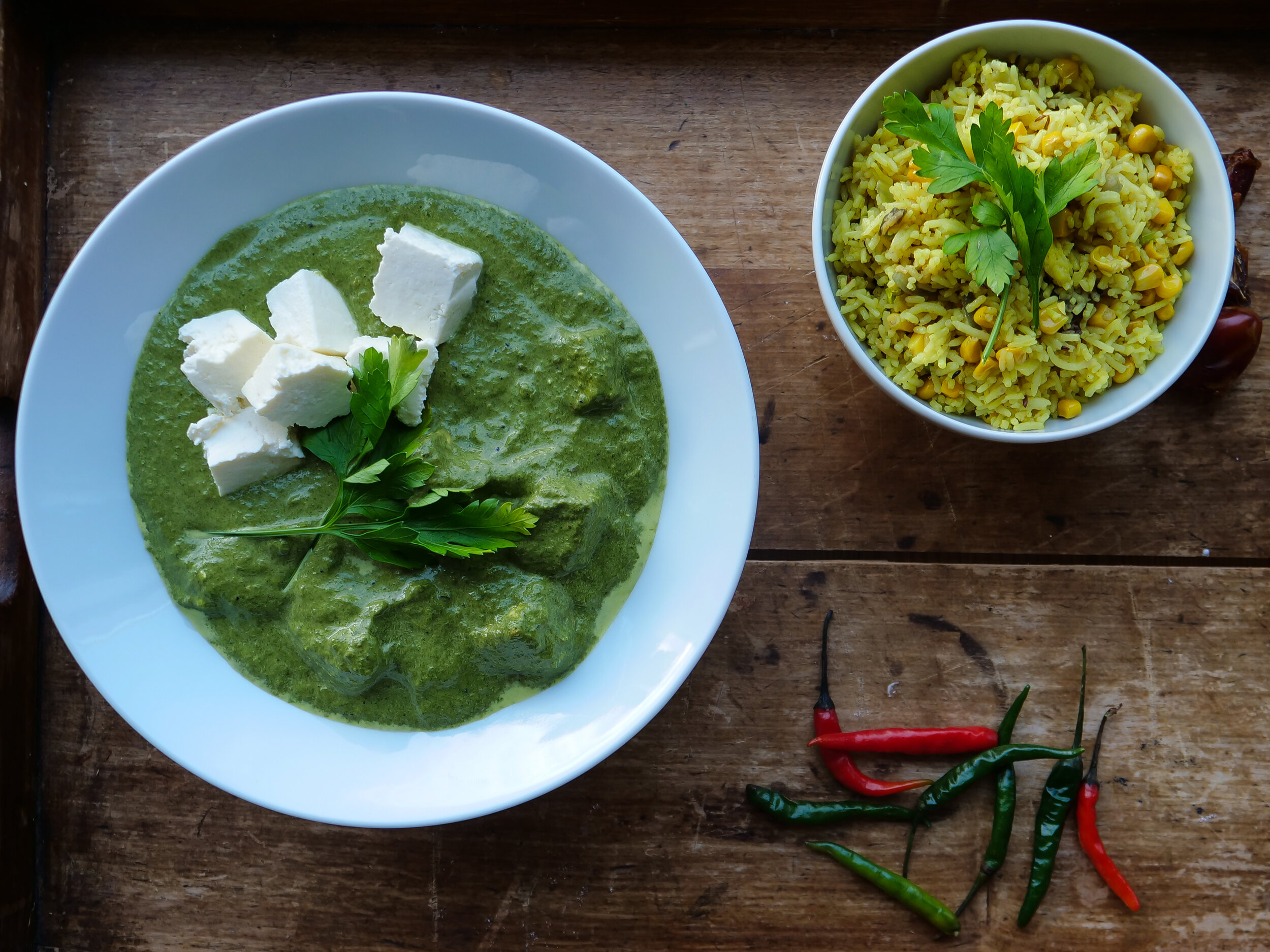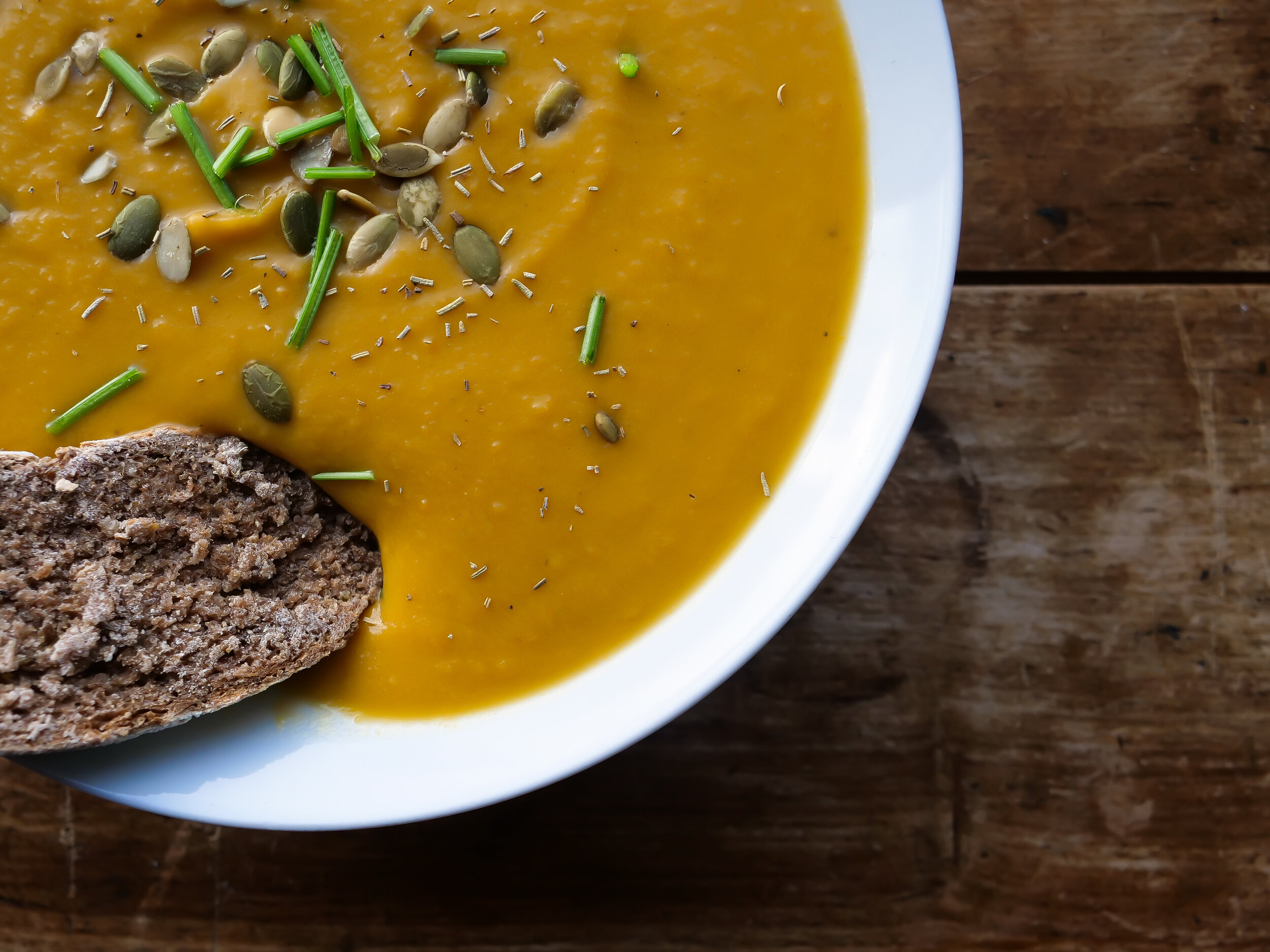AN OVERVIEW
Go deeper into the practice, history, and textual traditions of yoga. A 300-hour course for the true seekers of yogic wisdom and practice. This is a course aimed for yoga teachers, seasoned practitioners and for those wanting to inquire into the deeper aspects of yoga.
This course is designed to promote a better understanding of the many practices of yoga, where they come from, originated and what classical texts inspired them. It is a course aiming to understand the principal texts and the tradition and contexts they grew out. Our main goal is to facilitate a deeper overview of the practice, relevance, and methodology of yoga in daily life. This focused study of principal texts, theory, practice, and development of yoga will give you a clear understanding of yoga in the 21st century. As well as a deeper understanding of the relevance of yoga in daily life.
Yoga at best enriches our lives.
The opposite ruins it and our main objective is to remove the modern fuss around yoga and bring clarity and insight into the heart of the matter, what yoga is.
The facilitator of the course is Professor Knut Axel Jacobsen, Alexander Medin and Daniel Simpson and others.
STRUCTURE OF COURSE AND GENERAL OUTLINE
The general outline of the course is divided into nine modules over ten months.
There will be six 3-day gatherings at Nøsen Yoga og Fjellhotell.
One module of bi-weekly digital classes on-line, one for essay writing and one ultimate presentation you will hold for the group.
DATES FOR 2025
April 04–06 (Nøsen/Oslo): Knut Axel, Alexander – Foundations of Yoga
Digital Classes: 9 months, April–December (every other week)May 09–11 (Nøsen): Knut Axel, Alexander – The Fundamental Principles of Sankhya
September 05–07 (Nøsen/Oslo): Daniel Simpson, Knut Axel, Alexander – Comparison of Buddhism and Yoga, Introduction to Hatha
Written Assignments: September–December (Two essays of your choice)
October 24–26 (Nøsen): Daniel Simpson, Knut Axel, Alexander – Yogadarshana +
Introduction to Hatha
November 21–23 (Nøsen): Daniel Simpson, Knut Axel, Alexander – Yoga Practice and Philosophy
Presentations: A final group presentation
January 23–25, 2026 (Final session, Nøsen/Oslo): Daniel Simpson, Knut Axel, Alexander – Yoga for Modern Life
*OVERVIEW AND MODULE PLAN - detailed description, scroll down below
Our overall aim is to guide you in the practice, study, and development of yoga and help you to get a clear grasp of the subject.
In addition to the in-depth study of classical texts, you will learn techniques relating to physical postures, meditation, and breathwork. You will also learn anatomy, and teaching methodology and take part in group discussions relating to teaching.
Below is an overview of what you can expect to learn on a personal level and as a teacher:
Develop a solid understanding of the principle text, history and development of yoga.
Develop a solid understanding of the various techniques, impacts, and effects of yoga postures, breath-work, and meditation on the Body/ mind and nervous system.
Develop a clear understanding of soft and gentle postures that may heal physical tension, strain, and various types of trauma.
Learn specific breathing techniques that cleanse the body and mind and provide increased energy, well-being, and insight.
Get a clear understanding and experience of the 1st and 2nd series of Ashtanga Yoga.
Learn simple meditation exercises that promote concentration and open to greater well-being.
An introduction to basic mantras from the Vedic scriptures.
A clear understanding of the modern history and development of yoga.
A deeper understanding of anatomy.
Learn a critical analysis of texts, see connections, and learn new perspectives on what yoga is.
Being able to lead the 1st and 2nd series of Ashtanga Yoga with counts, correct pronunciation, mastery, and understanding of the different positions.
Being able to hold Yoga Gently, Hatha and general Yoga Flow classes.
Hold debates and present lectures on various aspects of yoga.
Gain a deeper experience of yoga.
Be able to demonstrate things more clearly.
Feel more confident and relaxed in everything you do.
Receive support and constructive feedback from your classmates and teachers.
Be more prolific in your writing, teaching and lecturing on yoga
OVERVIEW AND STUDY-PLAN FOR EACH MODULE
Module 1: 4 - 6 of April (Nosen/Oslo)
An Introduction to practical Indian philosophy and the overarching goals and purposes of yoga.
Literature: Flood, Gavin. An Introduction to Hinduism. Cambridge: Cambridge University Press, 2017. Hamilton, Sue. Indian Philosophy: A very short introduction. Oxford UP, 2001. Olivelle, Patrick, 1998. “Introduction”. In Patrick Olivelle, The Early Upanishads, 3-27. Oxford: Oxford University Press.
Philosophy: Review of the course plan and an overview of the basic Indian philosophical directions and the search for meaning.
Practical: Overview of specific practices that heals the body, mind nervous system. An introduction to Sanskrit Prayers and Mantras.
Module 2: Digital classes on-line. 9 months. April - December
Bi-weekly classes in the topics we have studied so far.
Literature:
Philosophy:
Practical: Enjoying the insight of personal practice.
Module 3: 9 - 11 of May (Nøsen) Knut Axel, Alexander
An introduction to the Classical Sankhya philosophy and tradition.
Literature: Sāṅkhyakārikā by Īśvarakṛṣṇa. Jacobsen, Knut A. Yoga in Modern Hinduism. Hariharānanda Āraṇya and Sāṃkhyayoga. London: Routledge, paperback edition, 2020. Jacobsen, Knut A. "What Similes in Sāṃkhya Do: A Comparison of the Similes in the Sāṃkhya texts of the Mahābhārata, the Sāṃkhyakārikā and the Sāṃkhyasūtra." Journal of Indian Philosophy 34 (2006): 587-605.
Philosophy: A deeper understanding of Sankhya philosophy as a spiritual practice. How to build a vocabulary to map and understand the mind and learn to distinguish between fleeting and non-fleeting patterns in the mind.
Practical: A clear grasp of the Primary Series of Ashtanga Yoga. Yoga-gently practices, meditation techniques on discrimination and how to develop an inner stability of mind.
Module 4: 5-7 of September 2025 (Nøsen/ Oslo) Daniel Simpson, Knut Axel, Alexander
Similarities and differences in the practice of Sankhya/ Yoga and Buddhism + The Bhagavad Gita. Intro to Hatha Yoga.
Literature: Yogasūtra and Vyāsabhāṣya (Pātañjalayogaśāstra by Patañjali). Bhagavadgītā, Kaṭha Upaniṣad. Singleton, Mark and James Mallinson (eds.), Roots of Yoga. London: Penguin Classics, 2017
Philosophy: An overview how both Buddhism and Sankhya/ Yoga both emphasize meditation and ethical conduct but have different philosophical bases and ultimate goal.
Practical: Securing a good personal practice. An introduction to the 2nd series of Ashtanga yoga. Yoga-gently exercises and personal practices of mantra, breathwork, japa and meditation.
Module 5: Written assignments June-September (Two essays of your choice)
Module 6: 24-26 Oktober (Nøsen) Daniel Simpson, Knut Axel, Alexander
The fundamental worldview of yoga + An overview of Hatha Yoga development
Literature: Yogasūtra and Vyāsabhāṣya (Pātañjalayogaśāstra) by Patañjali. The Amaraugha and Amaraughaprabodha of Gorakṣanātha, in The Amaraugha and Amaraughaprabodha of Gorakṣanātha: The Genesis of Haṭha and Rājayoga. A critical edition and annotated translation by Jason Birch. Puducherry: Institut Français de Pondichéry, 2024, pages 107-124. Jacobsen, Knut A., Yoga in Modern Hinduism: Hariharānanda Āraṇya and Sāṃkhyayoga. London: Routledge, paperback edition 2020. Singleton, Mark and James Mallinson (eds.), Roots of Yoga. London: Penguin Classics, 2017. Mallinson, James. “Yoga: Haṭha.” In The Encyclopedia of Philosophy of Religion. Vol. 4, (Q-Z). Edited by Stewart Goetz and Charles Taliaferro, 2526–2529. Hoboken, NJ: Wiley-Blackwell, 2021
Philosophy: A deeper understanding of practical yoga philosophy. Purpose, methods, and ways to understand yoga. An examination of the vocabulary used, the mapping of the mind and importance of ethics. What involves spiritual growth, Self-realization and an integration of yoga in daily life?
Practical: A deeper inquire into the modern developments of Hatha Yoga. An examination of personal practice.
Module 7: 21-23 of November (Nøsen) Daniel Simpson, Knut Axel, Alexander
The modern history and development of yoga. From renunciation to Mc Yoga.
Literature: Singleton, Mark and James Mallinson (eds.): Roots of Yoga. London: Penguin Classics, 2017. Jain, Andrea R. “Who Is to Say Modern Yoga Practitioners Have It All Wrong?: On Hindu Origins and Yogaphobia.” Journal of the American Academy of Religion. 82,2 (2014) : 427-471. Singleton, Mark. 2015. “Yoga and Physical Culture: Transnational history and blurred discursive contexts.” In Knut A. Jacobsen, ed., Routledge Handbook of Contemporary India, 172-184. London: Routledge, 2015.
Philosophy: A study and exploration of the modern development of yoga in the 20th and 21st centuries. The diversification, marketing, and commercialization of yoga in our modern age. The connection between modern yoga and traditional Hatha Yoga.
Practical: An introduction to advanced yoga-postures and the effect on the body/ mind, nervous system. Simplicity is key! Advanced practices of breathwork and meditation.
Module 8: Presentations
Presentation Topics
Module 9: 23-25 of January (Nøsen)
YOGA for MODERN LIFE
Literature: A presentation of some of the papers you have written and a final presentation for the group.
Philosophy: A good yoga teacher will combine authenticity, compassion, patience, and deep knowledge of yoga with effective communication. He/ she will adapt to the needs of the students and meet everyone with respect. They will create a safe, inclusive, and inspiring environment that fosters harmony and personal growth. They will lead by example and show passion and dedication to the practice of yoga.
Practical: An examination of various yoga techniques, why we do them and the effect on the body/ mind and nervous system.
ABOUT TEACHERS
Knut Alex Jacobsen
Knut Axel Jacobsen is a Norwegian historian of religions and a professor at the University of Bergen. He holds a PhD from the University of California at Santa Barbara (1994) and has been a professor at the University of Bergen since 1999. His main areas of teaching include Hindu traditions, Sikhism, Jainism, Indian Buddhism, Indian philosophy, and yoga.
Jacobsen's main areas of research include Sāṃkhya, Yoga, pilgrimage sites in South Asia, and South Asian religions and migration. He is the founder and editor-in-chief of the six-volume Brill's Encyclopedia of Hinduism (2009–2015) and the editor-in-chief of Brill's Encyclopedia of Hinduism Online. He is the author or editor of more than 40 books, in both Norwegian and English.
Daniel Simpson
Daniel makes philosophy accessible and fun. He's the author of The Truth of Yoga, an engaging guide to the main yogic texts and the history of practice. He also hosts the Ancient Futures podcast, exploring how timeless wisdom shapes modern life. Daniel teaches courses at the Oxford Centre for Hindu Studies, on yoga teacher trainings around the world, and via his website truthofyoga.com. He has an M.A. in yoga studies from SOAS (University of London), and a wide range of practical experience. In a previous incarnation, he was a foreign correspondent, working for Reuters and The New York Times.
Alexander Medin
R. Alexander Medin has been teaching yoga for 28 years. He was certified by the legendary Sri K. Pattabhi Jois in 2002. He holds an MA in Sanskrit and Indian Religions (SOAS 2004) and has had the privilege of traveling the world teaching yoga. He is the founder of Puro Yoga, the Back in the Ring Foundation, and Nøsen Yoga and Mountain Hotel.
Alexander is a classic dandelion child. Despite a troubled upbringing, he became the Norwegian champion in Breakdance (1984) and later in boxing (1987) before completing a classical ballet education (1990). He later worked for five years as a dancer and musical artist before he had the privilege to teach yoga.
Dr. Vighneshwara Bhat
Vighneshwara Bhat is schooled in the classical Sanskrit discipline and holds a Vidan degree in Mimamsa, Dharmashastra, Agama and Yajurveda from the Sanskrit College in Mysore. He is the Indian champion of debate in the philosophical branches of Mimamsa and Dharmashastra. Vigneshwara has also written many books in Sanskrit and is an assistant professor at "Amrita Vishwa Vidyapeetham, Amrita school of arts and sciences" in Mysore, Vigneshwara has also been a lecturer at Rama Krishna Mission in Mysore. Vigneswara joins as an online lecturer.
Dr. Vijaya Kumar Manya
Vijaya Kumar is a traditional Indian Pandit. He also holds a PhD in Yoga and health. He studied the Vedas in a traditional manner at Sringeri Mutt. Later he studied for six years at the Sanskrit College in Mysore. Here he deepened his studies of yoga and completed a Vidvat degree in Nyaya (Indian Logic) and Vedanta. As a student he won many awards and became the national champion in Sanskrit debate on the topics of Sankhya and Yoga.
After he completed his studies, he moved back to his village (2010) and started a traditional Yoga Gurukulam. This place is now visited by people all over the world who come to deepen their studies of Yoga and Vedanta. Vijaya joins as an online lecturer.
Trine Tschudi
Trine has been in the fitness industry since 1980 and is a trained personal trainer, Pilates and Yoga instructor from the USA, England and Norway.
She has started, owned and operated several fitness centers and has been involved in instructor training for the past 15 years. On a daily basis, she works as a personal trainer and as a Yoga and Pilates instructor at SATS CC Vest.
She herself has had a lot of injuries after car and riding accidents and is concerned that all physical activity should be good and healthy for body, mind and soul.
Pricing and Payments
The number of participants is set to a maximum of 22.
The price for the course is NOK 59,900 with binding registration.
The first NOK 9,900 is paid in advance to secure a place, and is non-refundable.
The remaining payment is made in full or distributed over four payments (of NOK 12,500 each)
The payment covers:
Teaching and course material (digital)
Board at Nøsen Yoga and Mountain Hotel (3 vegetarian/vegan meals every day)
Lodging in a shared room at Nøsen Yoga and Fjellhotell. If you want a single room, there is a small addition to the price of NOK 400 per night.
Nøsen is located 3 hours from Oslo in magnificent surroundings on the mountain between Hemsedal and Fagernes. For those who do not have a car, we can pick up at Gol or Fagernes.
The course is approved by the Yoga Alliance.
Deadlines for payment have been set (you will receive the invoice approximately 15 days before the deadline)
March 2025: NOK 12,500
August 2025: NOK 12,500
October 2025: NOK 12,500
December 2024: NOK 12,500
Do you have a question?
For further questions about the course, please contact ram@nosenyoga.no
For questions about booking (board, accommodation), please contact post@nosenyoga.no
About Nøsen Yoga og Fjellhotel
Tree hours away from the hustle and bustle of Oslo, surrounded by beautiful nature and wild mountains 906 meters above sea level, we have created a place you can enjoy yoga, delicious healthy food and tranquility of mountains.
Secure your spot!



















